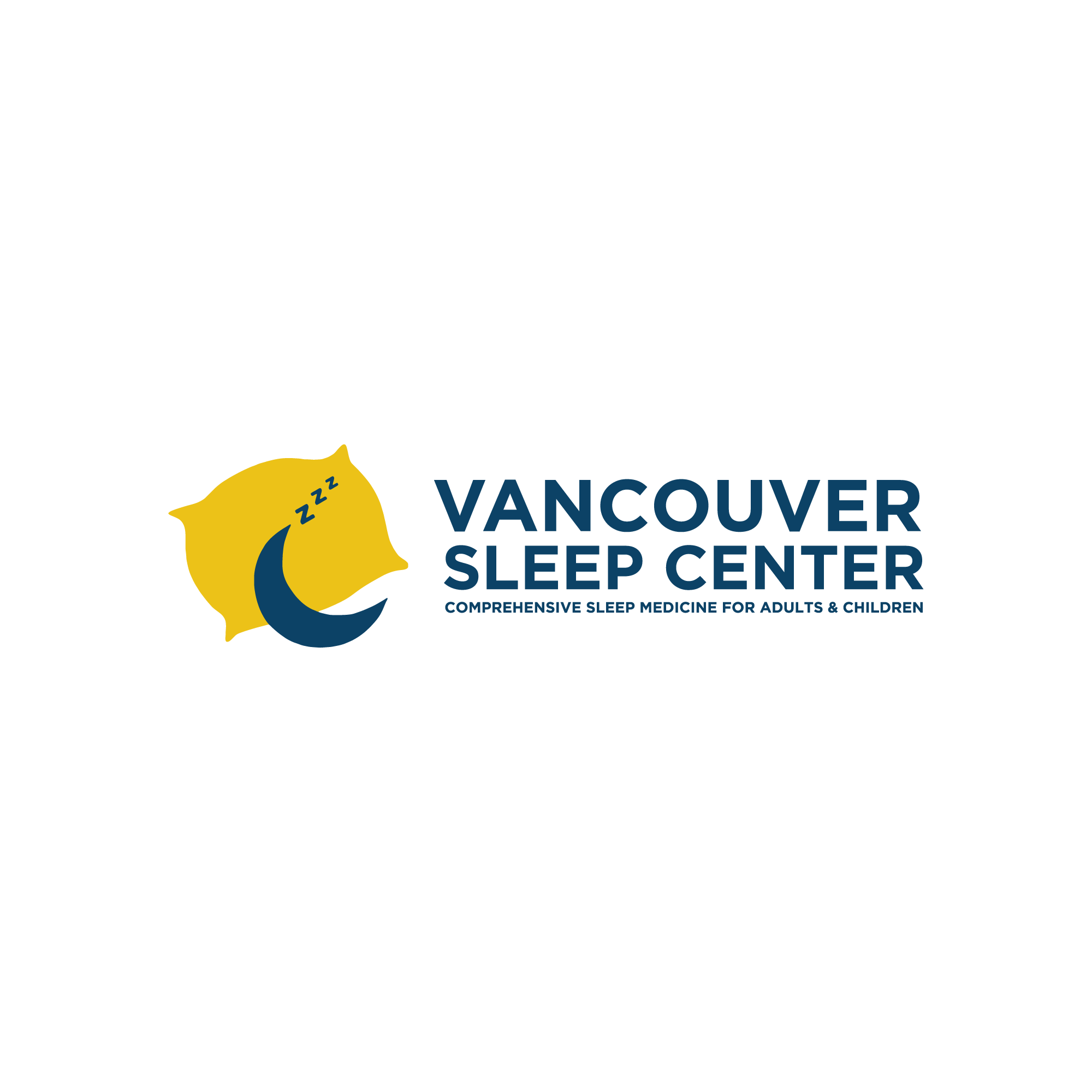We believe that changes in behavior are a more natural way to treat insomnia. There is a definite role for medications and we use them frequently. We however prefer to incorporate behavioral changes, since the effect lasts a lifetime for our patients.
Cognitive behavioral therapy instead of sleeping pills
Insomnia is a common problem characterized by trouble falling asleep, staying asleep or getting restful sleep, despite the opportunity for adequate sleep. Cognitive behavioral therapy for insomnia, often called CBT-I, is an effective insomnia treatment for chronic sleep problems.
Cognitive behavioral therapy for insomnia is a structured program that helps you identify and replace thoughts and behaviors that cause or worsen sleep problems with habits that promote sound sleep. Unlike sleeping pills, CBT-I helps you overcome the underlying causes of your sleep problems.
To make effective changes, it’s important to understand sleep cycles and learn how beliefs, behaviors and outside factors can affect your sleep. To help decide how to best treat your insomnia, your sleep therapist may have you keep a detailed sleep diary for one to two weeks.
How does cognitive behavioral therapy for insomnia work?
Cognitive behavioral therapy for insomnia aims to improve sleep habits and behaviors. The cognitive part of CBT-I teaches you to recognize and change beliefs that affect your ability to sleep. For instance, this may include learning how to control or eliminate negative thoughts and worries that keep you awake. The behavioral part of CBT-I helps you develop good sleep habits and avoid behaviors that keep you from sleeping well.
Depending on your needs, your sleep therapist may recommend some of these CBT-I techniques:
- Stimulus control therapy. This method helps remove factors that condition the mind to resist sleep. For example, you might be coached to set a consistent bedtime and wake time and avoid naps, use the bed only for sleep and sex, and leave the bedroom if you can’t go to sleep within 20 minutes, only returning when you’re sleepy.
- Sleep restriction. Lying in bed when you’re awake can become a habit that leads to poor sleep. This treatment decreases the time you spend in bed, causing partial sleep deprivation, which makes you more tired the next night. Once your sleep has improved, your time in bed is gradually increased.
- Sleep hygiene. This method of therapy involves changing basic lifestyle habits that influence sleep, such as smoking or drinking too much caffeine late in the day, drinking too much alcohol, or not getting regular exercise. It also includes tips that help you sleep better, such as ways to wind down an hour or two before bedtime.
- Sleep environment improvement. This offers ways that you can create a comfortable sleep environment, such as keeping your bedroom quiet, dark and cool, not having a TV in the bedroom, and hiding the clock from view.
- Relaxation training. This method helps you calm your mind and body. Approaches include meditation, imagery, muscle relaxation and others.
- Remaining passively awake. Also called paradoxical intention, this involves avoiding any effort to fall asleep. Paradoxically, worrying that you can’t sleep can actually keep you awake. Letting go of this worry can help you relax and make it easier to fall asleep.
- Biofeedback. This method allows you to observe biological signs such as heart rate and muscle tension and shows you how to adjust them. Your sleep specialist may have you take a biofeedback device home to record your daily patterns. This information can help identify patterns that affect sleep.



